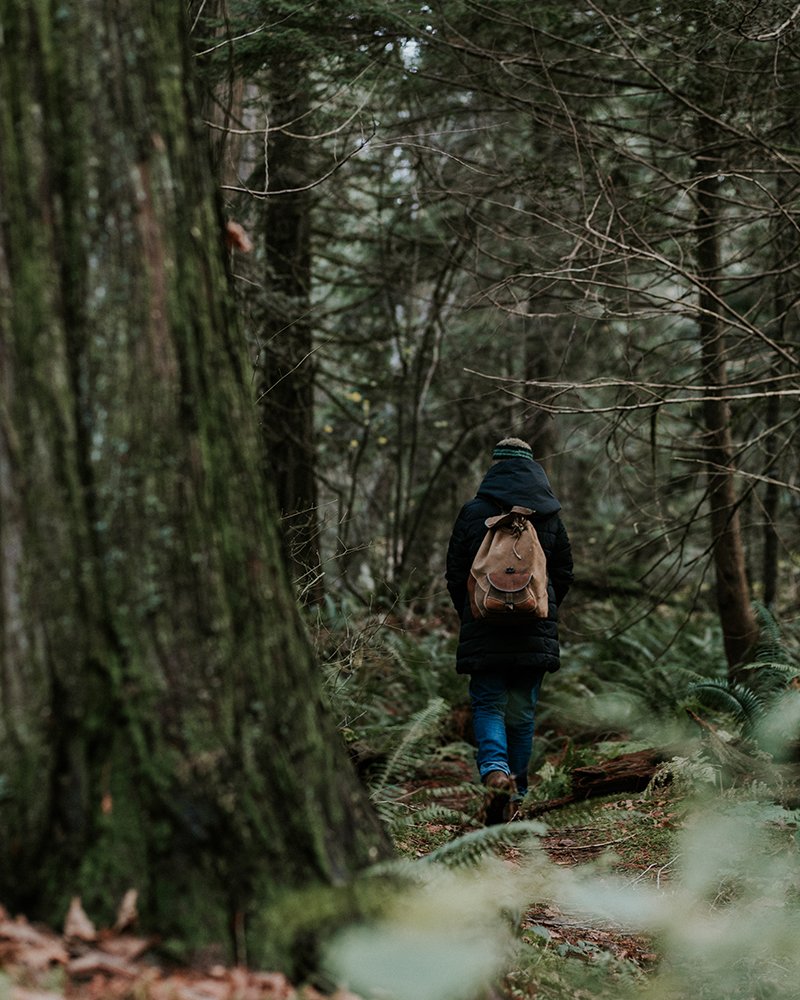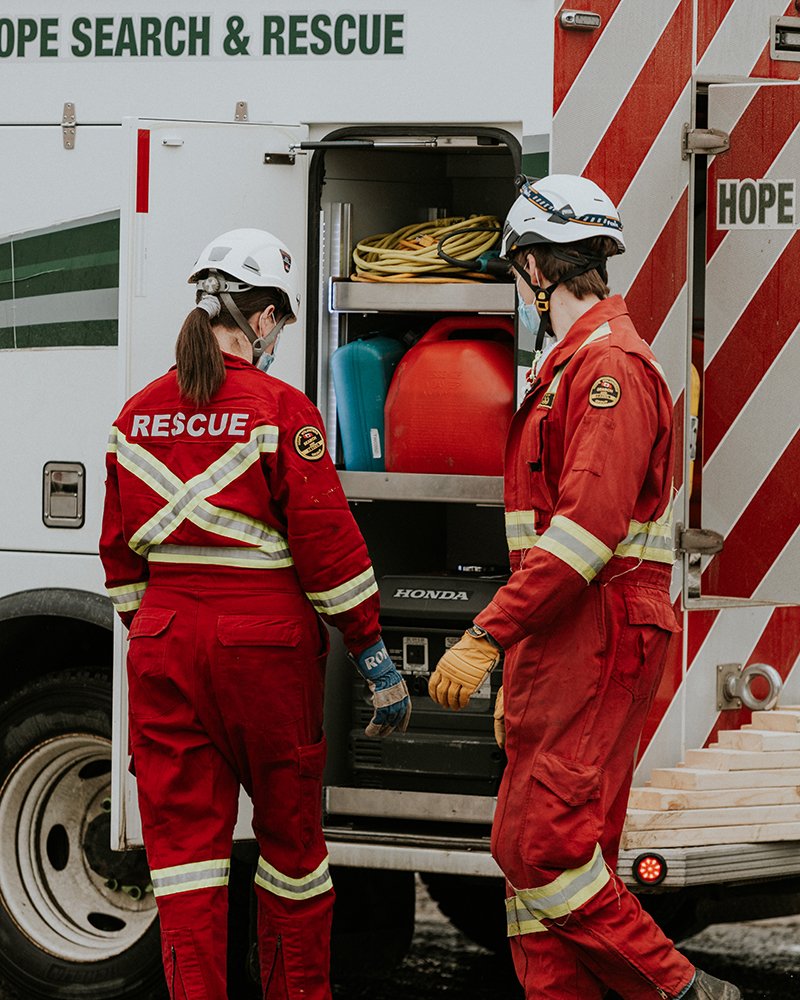We love our gorgeous outdoors. As residents of the Fraser Valley, it’s part of who we are! From the depths of our deepest lakes to the peaks of our tallest mountains, protecting and respecting our land is essential to keeping it accessible to all of us. Scroll through our latest comprehensive guide below to learn how you can explore safely and responsibly, while leaving no trace when visiting our region!

Leave No Trace
The Fraser Valley is a proud partner of Leave No Trace Canada, inspiring responsible recreation in the wilderness of our region. These seven principles are critical to ensuring the health of our outdoor spaces and maintaining our relationship with the wild.
1. Plan Ahead and Prepare
Know where you are going and how to get there, while taking all party members’ skill and comfort levels into consideration. Also, plan your meals and consider how to reduce garbage and waste as much as possible.
2. Travel and Camp on Durable Surfaces
Stay on trails as much as possible to avoid damaging the surrounding area. If you must travel off trails, try to walk on more durable surfaces such as rock, sand or gravel as opposed to vegetation. Many campsites will have flat, designated areas to set up your tent, like gravel patches, packed earth or wooden platforms. Avoid setting up your tent on any vegetation as it can quickly cause severe damage.
*Some platforms are designated for rescue helicopters only – please follow applicable signage.
3. Dispose of Waste Properly
Make sure that you dispose of food waste properly. Always either dispose of your food waste in the official animal proof bins or pack it out. Any food left out can be an attractant to unwelcome wildlife for you and/or other visitors.
Use proper human waste disposal methods too. Find out before you go adventuring if there are restrooms available for use. If there aren’t, using a cathole will usually suffice. For more information on proper cathole and other human waste disposal practices, visit Leave No Trace Canada.
4. Leave What You Find
Do not remove things from places that you explore. A lot of cool things that you may find add to the beauty of the areas that you visit. So, it’s best to leave them for everyone to enjoy!
5. Minimize Campfire Impacts
Consider using a camping stove instead of a campfire for your cooking to leave significantly less impact.
If it is safe to have a campfire, make sure to do the following:
-
Use a minimal amount of firewood, so as not to noticeably impact the amount left for other visitors. Scatter unused wood to leave minimal evidence of your presence.
-
Burn wood down to white ash and grind up any larger pieces of coal after putting the fire out fully.
-
Be sure to fully extinguish your fire and scatter the remains of it over a large area away from camp.
-
Never leave a fire unattended. And keep all fuel sources well away from it.
6. Respect Wildlife
Give wildlife as much space as you can and disturb them as little as possible and do not approach them for any reason. Not only does interfering with wildlife leave a more significant trace of your presence, but it can also be dangerous for you, other visitors and the wildlife.
7. Be Considerate of Other Visitors
Try to eliminate any evidence of your presence. Sweep away footprints at campsites, pack out what you pack in and do as little damage to the areas you visit as possible.
For more information on visiting parks and other outdoor areas while leaving little to no trace, check out Leave No Trace Canada.

Wildfire Prevention
Our wildland suffers severe damage due to preventable fires every year. Do your part to ensure your experience is safe and responsible by following these points:
-
Keep vehicles off of dry grass or any other dry, flammable vegetation – even your hot exhaust pipe can start a fire.
-
Ensure that your vehicles and equipment, such as chainsaws, have spark arrestors.
-
Dispose of cigarette butts properly. Do not throw them out of your vehicle’s window or anywhere other than a proper cigarette disposal container.
-
Keep lighters, matches and any other flame or spark producing objects away from children.
-
Use caution when using flammable liquids such as gasoline or lighter fluid. Make sure that you are only refueling devices when they have completely cooled down and be careful to spill as little as possible of the flammable liquid on the ground.
-
It is illegal to give, sell, or set off fireworks without permission from the respective fire commissioner in most communities in the Fraser Valley and most the province of British Columbia year-round, please check ahead before using.
-
Stay up to date with the risks of wildfires in your area.
To report a wildfire or irresponsible behaviour that could start a wildfire in British Columbia, please call 1.800.663.5555 or (*5555 from a cell phone) as soon as possible.

Survive Outside: The Three Ts
Following the principles of the Three T’s will not only make your outdoor adventures easier, but they’ll make them safer too!
1. Trip Planning
Create a trip plan and leave it with someone you trust so that in the event that something goes wrong Search & Rescue organizations will know where to begin the search. Not only will this make your rescue more prompt, but it will also reduce the search radius, meaning less damage to the wilderness.
2. Training
Obtain the knowledge and skills you need before heading out and stay within your limits.
3. Taking the Essentials
These 10 essentials are the basic survival items you should have with you for any given outdoor venture.
1. Flashlight, spare batteries and bulb
2. Fire-making kit (waterproof matches/lighter, fire starter/candle)
3. Signaling device (whistle and mirror)
4. Extra food and water (1 litre/person)
5. Extra clothing (rain, wind, water protection and toque)
6. Navigation/communication aids
7. First aid kit – know how to use it
8. Emergency shelter
9. Pocket Knife
10. Sun Protection
Find the detailed list and more info on the Three Ts at adventuresmart.ca or download the AdventureSmart Trip Plan app.

Search & Rescue
Search & Rescue organizations are always ready to help you when dangerous situations arise while exploring the outdoors. But, by putting yourself in danger, you are putting others, including the volunteers at Search & Rescue, in danger too. Rescue efforts can also have an impact on the land, causing damage to our beloved wildlife and ecosystems. By following our guide, you can do your part to minimize the likelihood that you and those you travel with will ever need the assistance of BC Search & Rescue.
As we welcome back the sunny, warm weather in the Fraser Valley, we know that the outdoors are calling your name! Now that you know how, please always remember to do your part to enjoy the nature that surrounds us responsibly and leave little to no trace.
